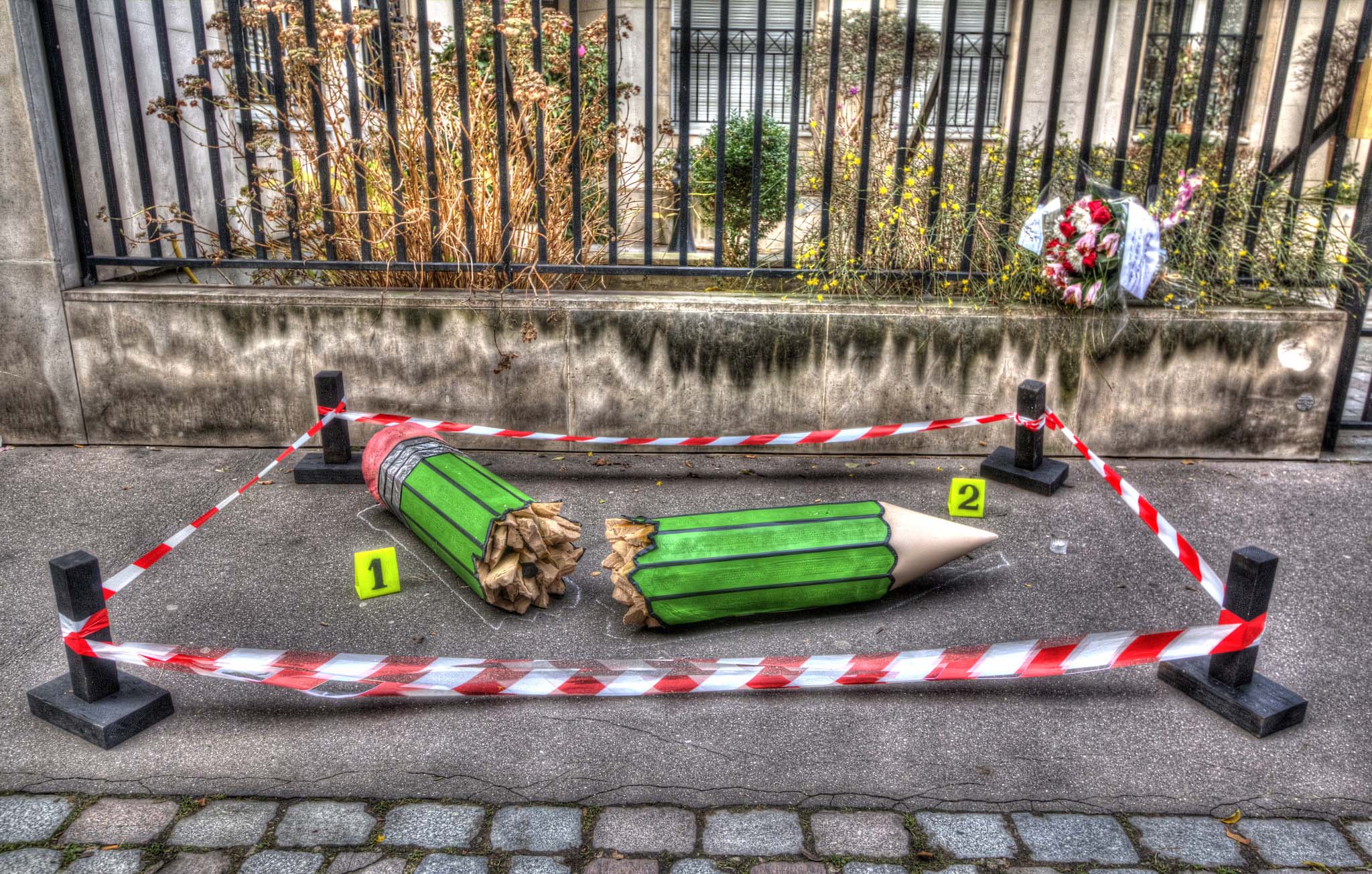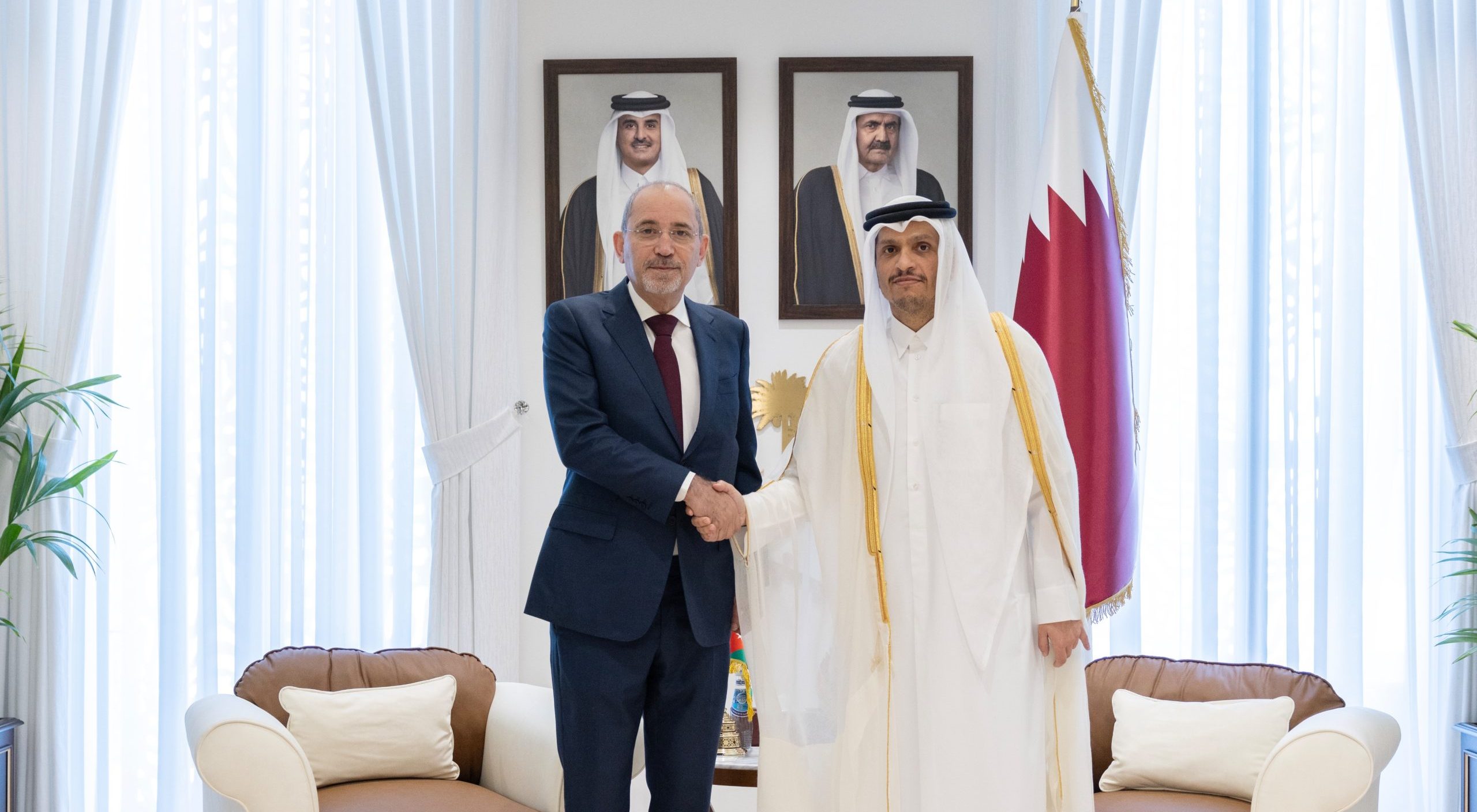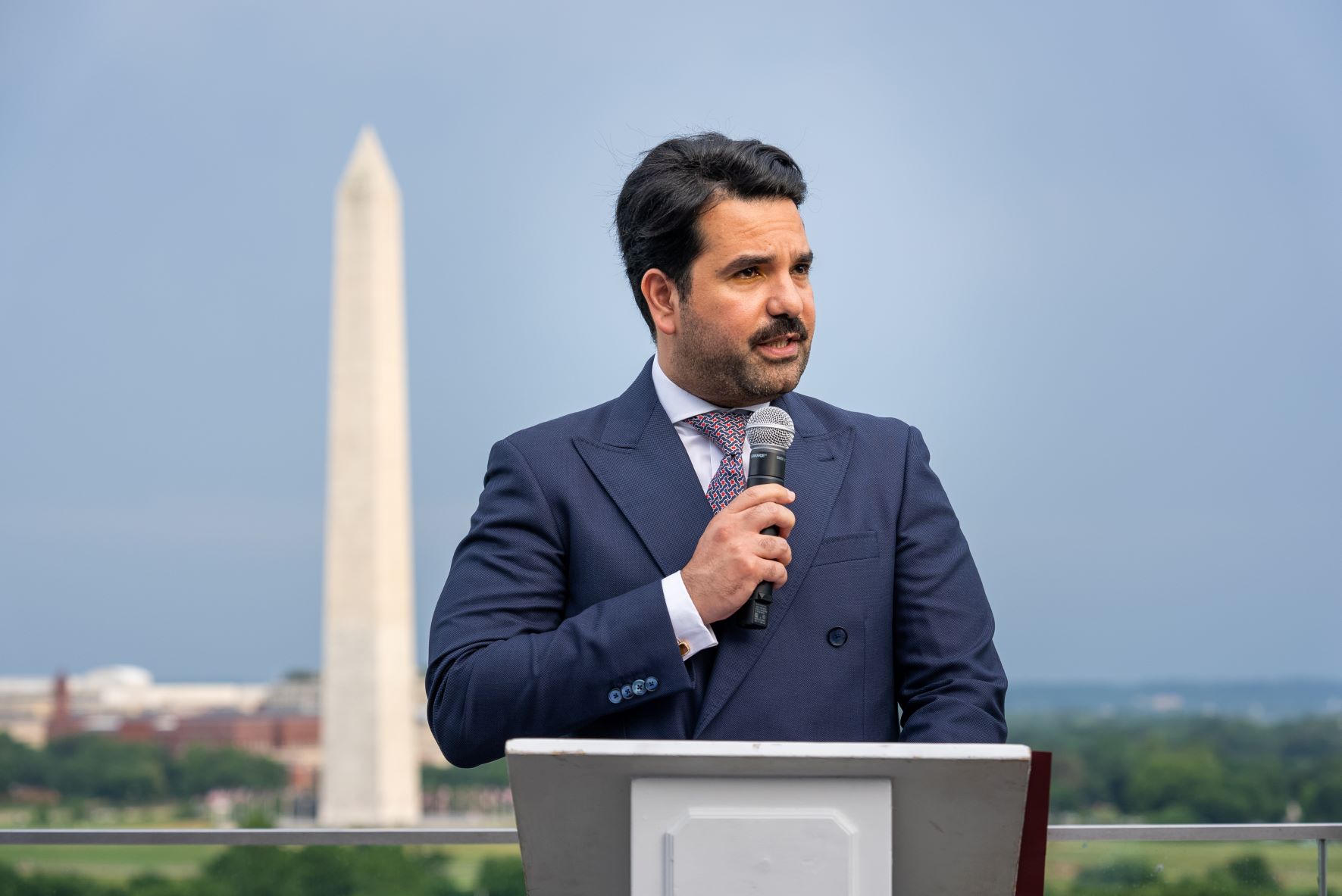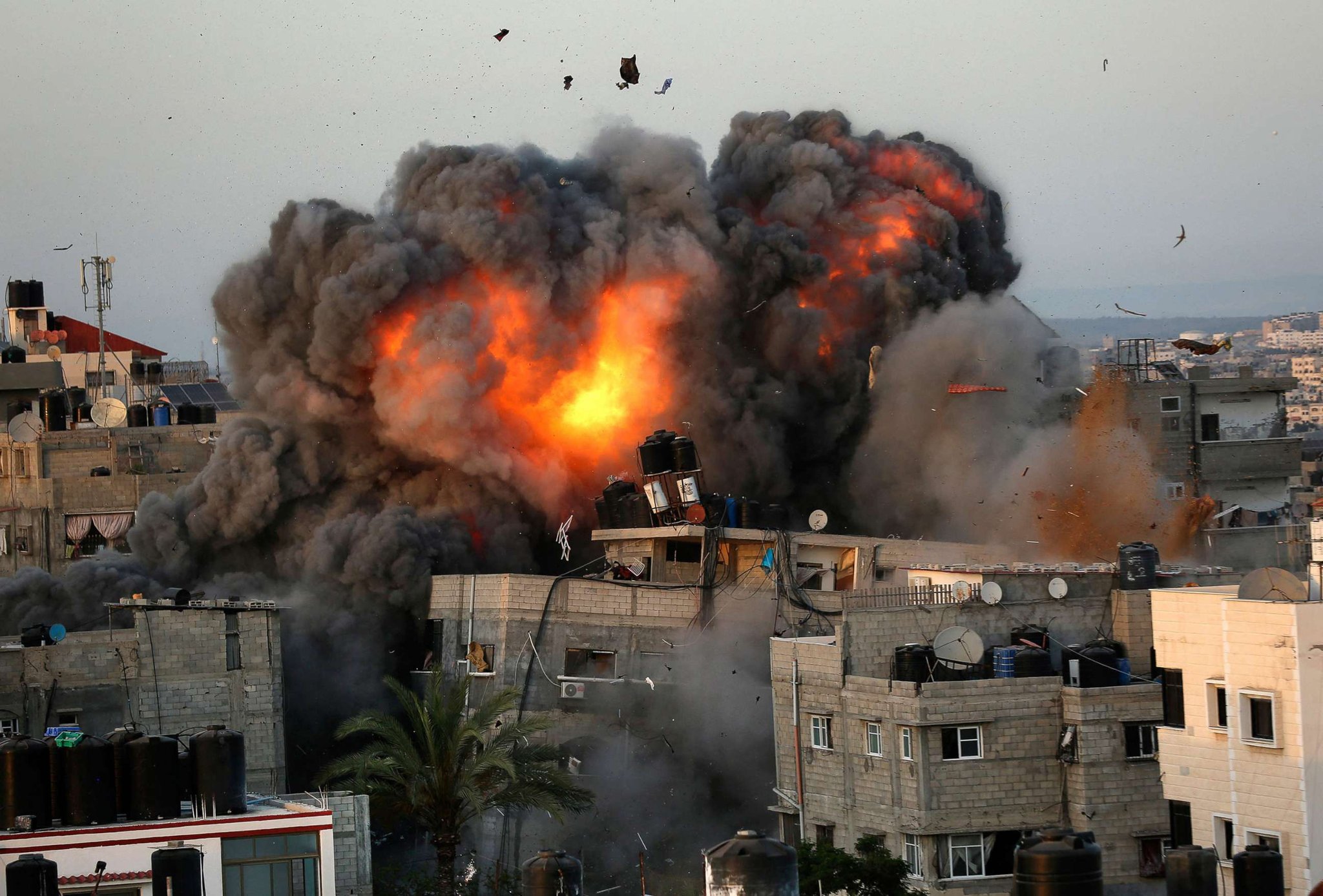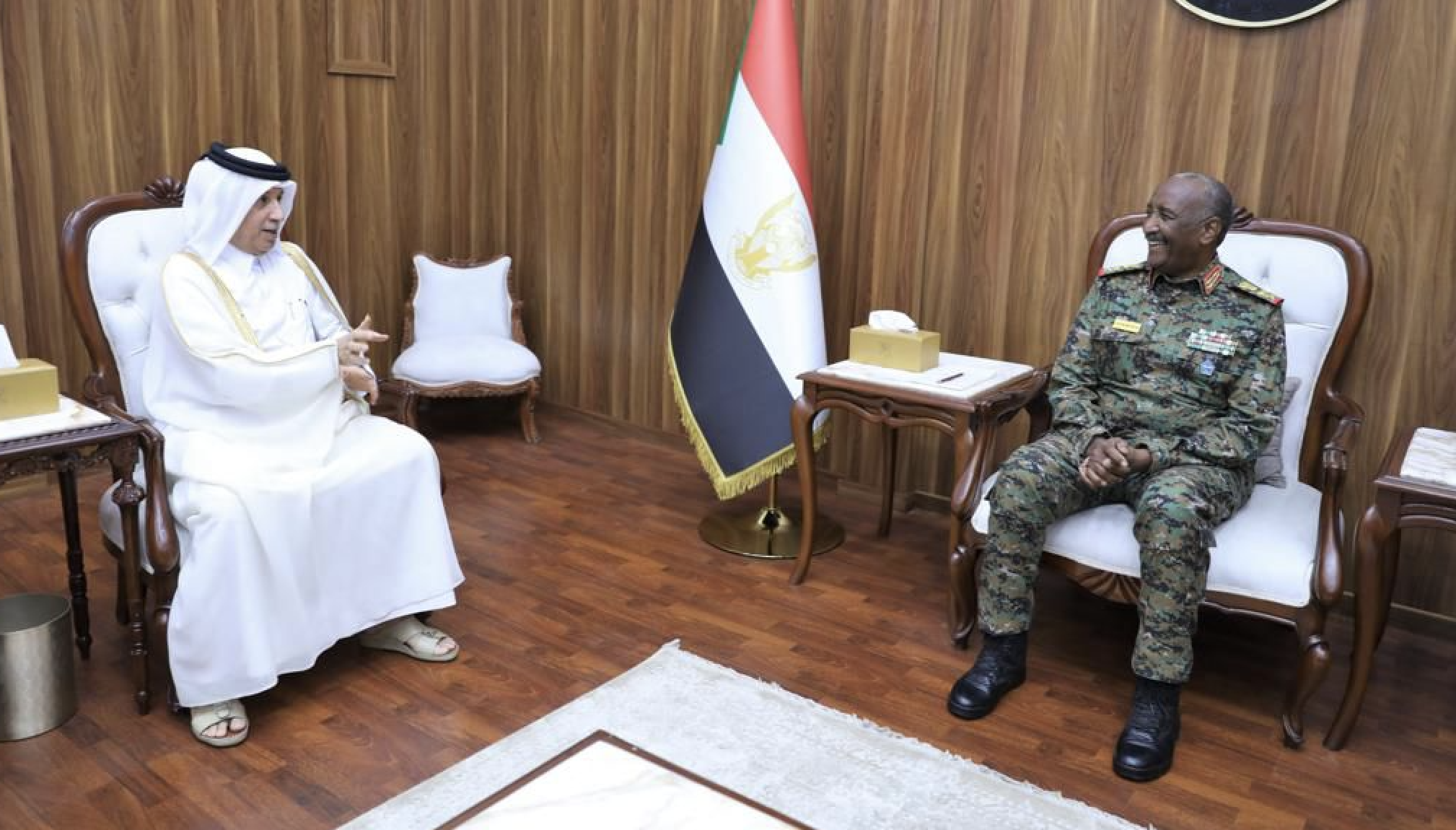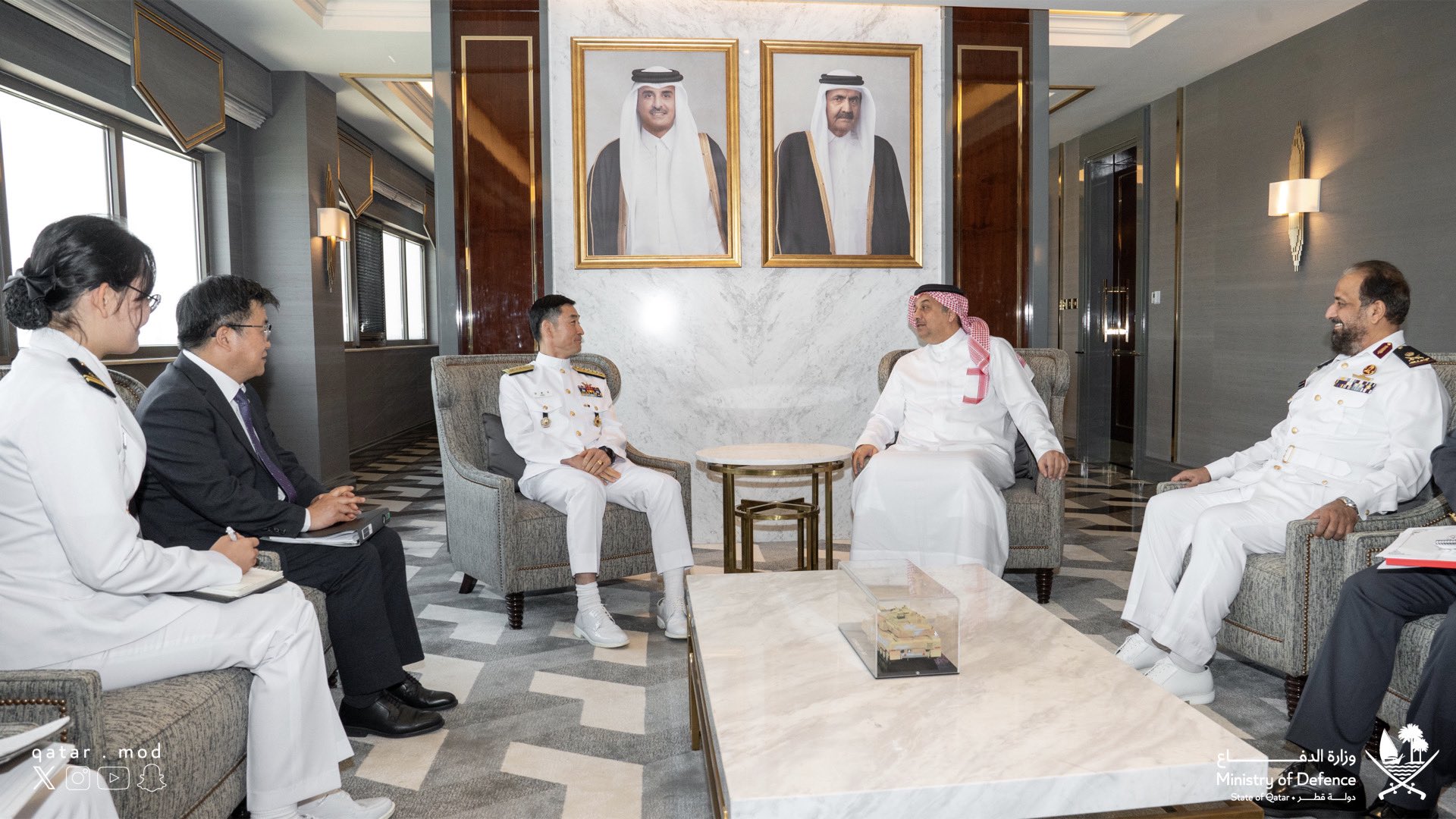
Qatar has maintained its position as one of the least restrictive media environments in the GCC for the third year in a row, according to the latest annual global report on press freedom.
The country’s media remains “not free,” according to Freedom House’s Freedom of the Press 2015, but its ranking of 67th out of 199 nations puts it in second place in the Gulf. Kuwait is first, at 59th.
This year, the report expressed concerns about Qatar’s new cybercrime law, saying it could have a potentially chilling effect on media freedom here:
“Qatar passed a new cybercrime law that included onerous penalties for “false news” and defamation, though there are hopes that a new Open Data Policy will improve transparency and access to government sources.”
The policy, announced by authorities late last year, will require government ministries and other bodies to gather raw data that is not confidential or subject to privacy or security considerations and post it online in an easy-to-read format.

The government’s information technology ministry, ictQatar, is overseeing the execution of the policy as part of the 2030 Vision to “create an open, transparent culture,” although no date has yet been given for when this will come into effect.
Among the data it suggested releasing are crime and traffic statistics, national budget figures, election results and public transportation timetables. The information should be free of charge and individuals would not have to register or identify themselves to access, use or distribute the data.
Gulf media
Freedom House, a US-based non-governmental organization that lobbies for human rights, democracy and political freedom internationally, examines the status of media freedom in countries across the world each year.
It scores countries’ media environments on a scale of zero to 100, with zero being the most free and 100 the most restrictive.
According to the report, only 14 percent of the world’s population this year enjoyed a “free press.” It defines this as:
“…where coverage of political news is robust, the safety of journalists is guaranteed, state intrusion in media affairs is minimal, and the press is not subject to onerous legal or economic pressures.”

In the Gulf, Oman came in after Qatar with a score of 71st. The UAE was ranked 76th, Saudi Arabia 83rd and Bahrain 87th.
According to Freedom House:
“The United Arab Emirates remained one of the most repressive media environments in the region, belying its image as a cosmopolitan oasis among conservative authoritarian regimes.”
It continued:
“The media in Bahrain continued to suffer from self-censorship and persecution, and citizen journalists who dared to report on ongoing protests through social media increasingly faced government reprisals.”
Qatar’s position

Qatar’s position among its Gulf neighbors in the report is similar to its rank in another media study produced by Reporters Without Borders earlier this year, where Kuwait (90th) again led the way among GCC states, and Qatar (115) placed second.
Over the past 20 years, Qatar’s Freedom House ranking has stayed relatively stable. It briefly received a boost in 1997, when it scored 53rd, but only for that year.
While the reason for this is not explained in the report, this was likely due to the establishment of Al Jazeera, which launched in November 1996.
For the Middle East and North Africa (MENA) as a whole, countries have become more repressive over the past year, the study found.
Only one state in the wider region, Israel, was given a rating of “free.”

Three countries were classified as “partly free,” while the remaining 15 countries were declared to be “not free.” This equates to 39 percent of the region’s total population, or 374.67 million people.
Algeria, Egypt, Iraq and Libya all regressed since last year, and moved from being classified as “partly free” to “not free.” At 48th, Tunisia had the best score of any Arab country in over a decade, the report found.
Global trends
According to the report, conditions for the media around the world have reached their lowest point in more than 10 years.
In a statement, the report’s project manager Jennifer Dunham said that journalists around the world encountered more restrictions from governments, militants, criminals and media owners:
“Journalists faced intensified pressure from all sides in 2014. Governments used security or anti-terrorism laws as a pretext to silence critical voices, militant groups and criminal gangs used increasingly brazen tactics to intimidate journalists, and media owners attempted to manipulate news content to serve their political or business interests.”
Out of 199 countries and territories examined during 2014, the report found 63 (32 percent) were rated Free, 71 (36 percent) Partly Free, and 65 (32 percent) Not Free.
While all regions (apart from sub-saharan Africa) showed declines, the biggest drop was seen in Eurasia. Belarus, Crimea, Cuba, Equatorial Guinea, Eritrea, Iran, North Korea, Syria, Turkmenistan and Uzbekistan were found to be the 10 worst countries and territories globally for press freedom.
Thoughts?

